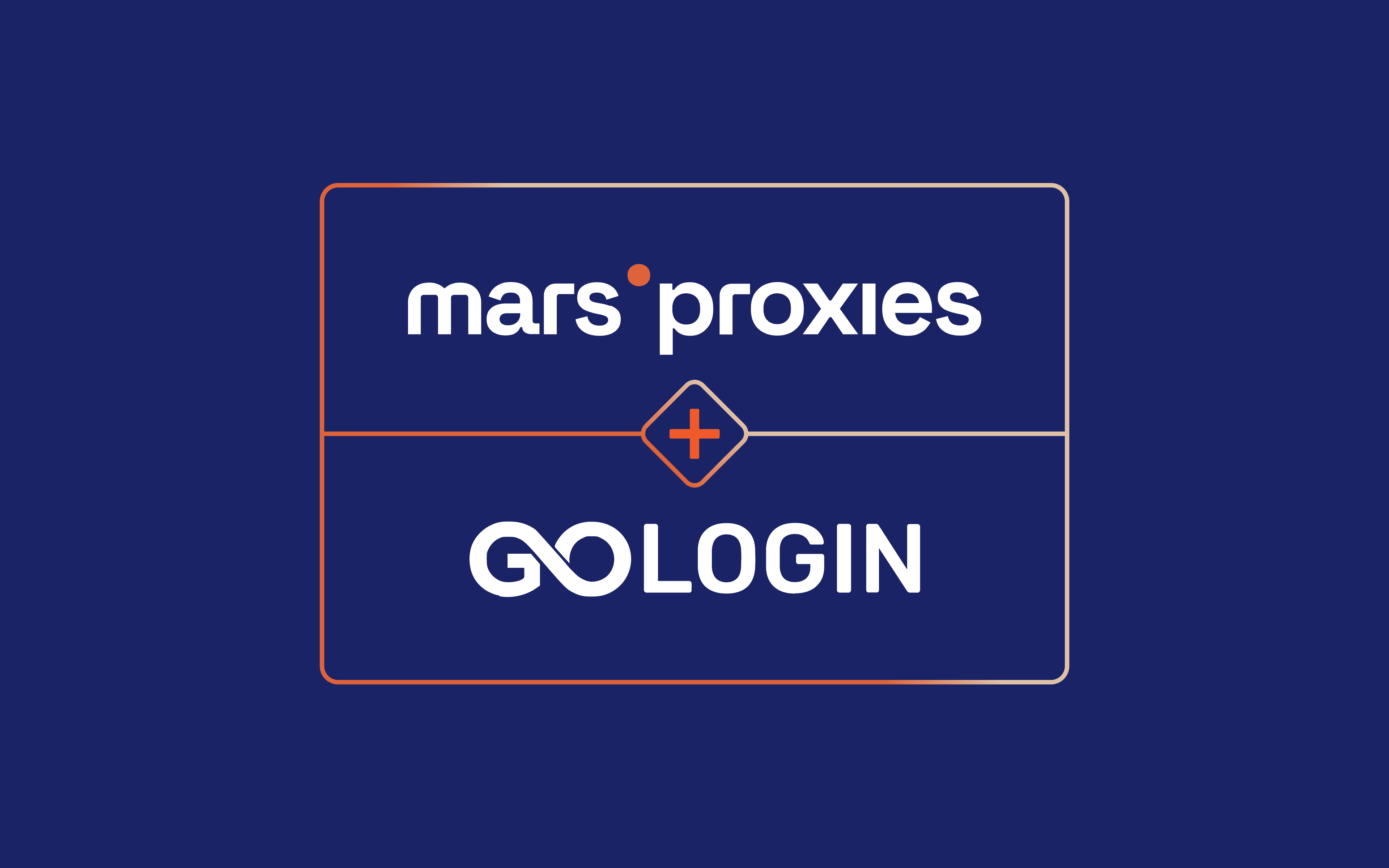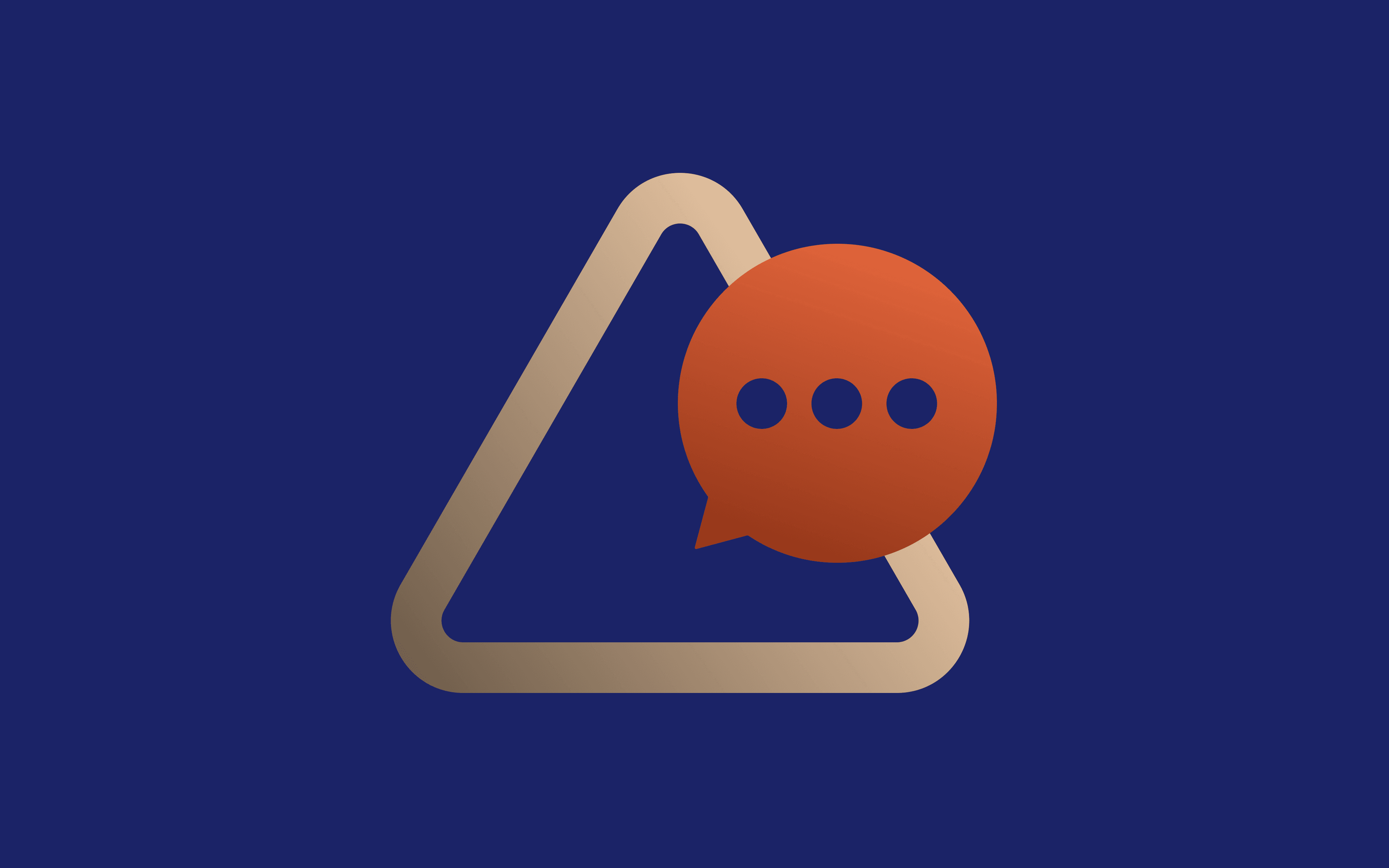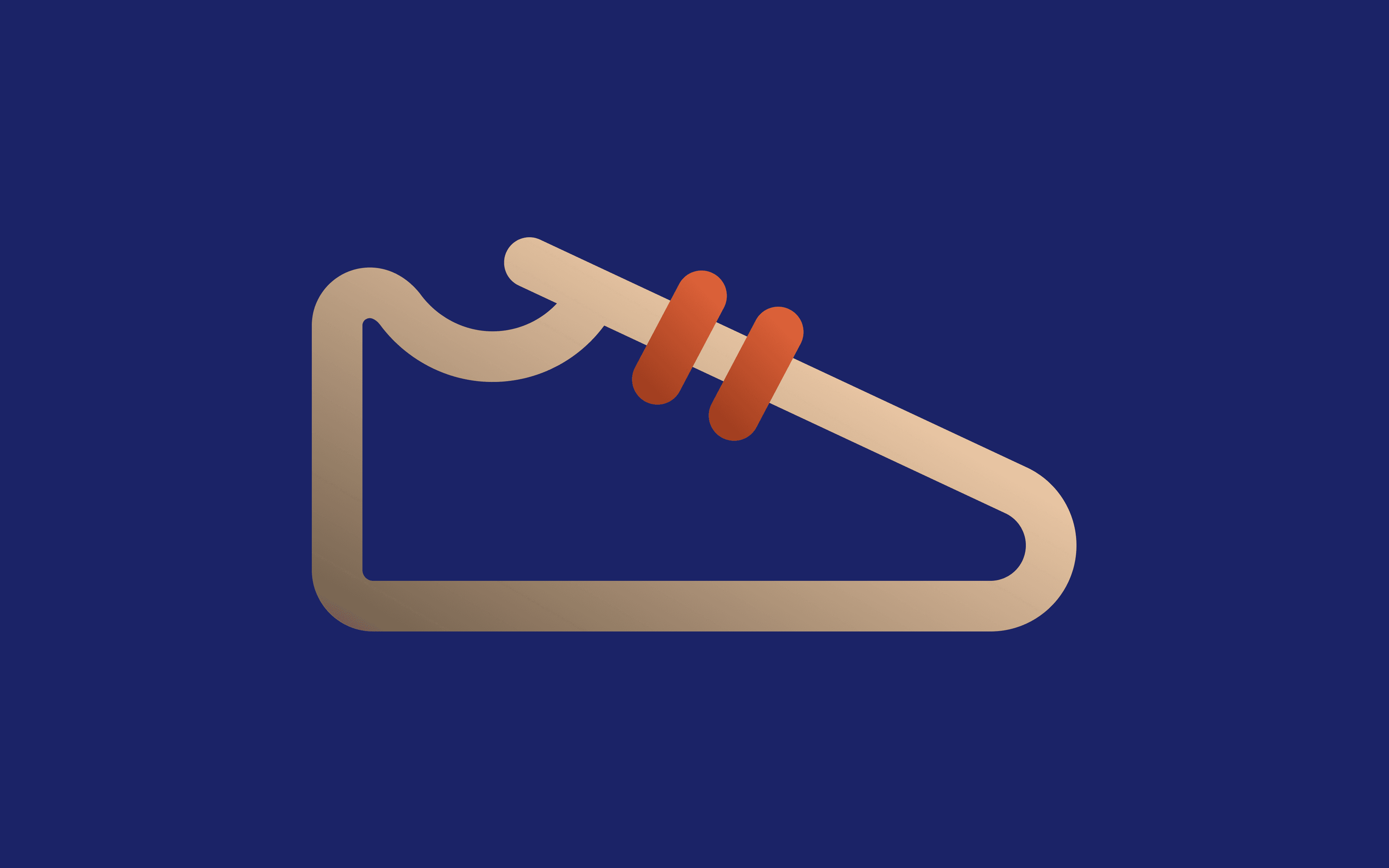How to Make Money with Web Scraping in 2025?
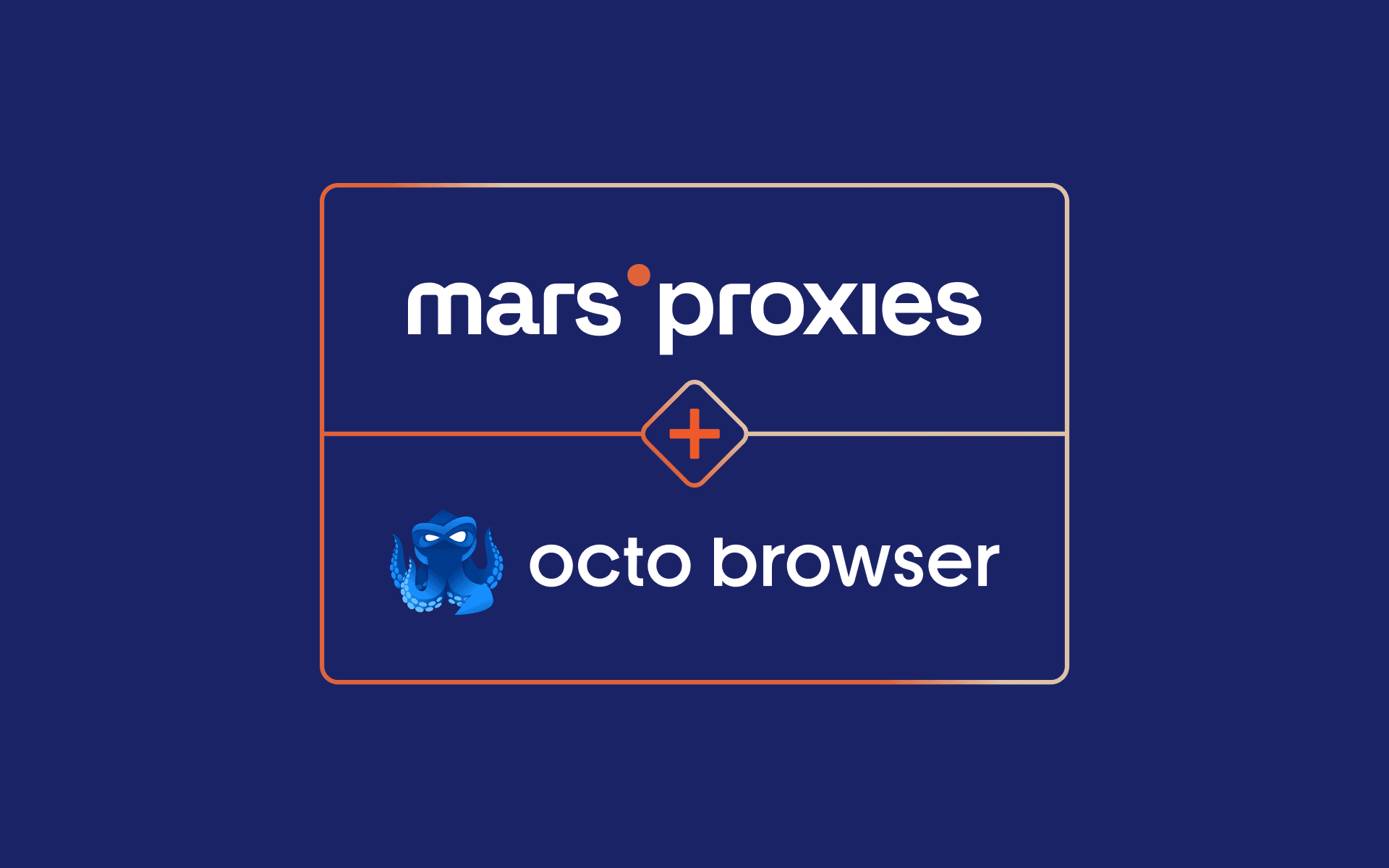
People generate approximately 328.77 million terabytes of data daily, and 90% of the world’s data created in just the last two years surged the popularity of web scraping as a powerful tool for data gathering and analysis. But what exactly is web scraping, and how can it be profitable? Let’s take a look.
Web scraping is the automated or manual process of collecting online data to identify better prices, analyze competitors, or monitor brand reputation. Ultimately, this process provides a dataset you can use for personal projects or sell to third parties.
What Should I Know About Web Scraping?
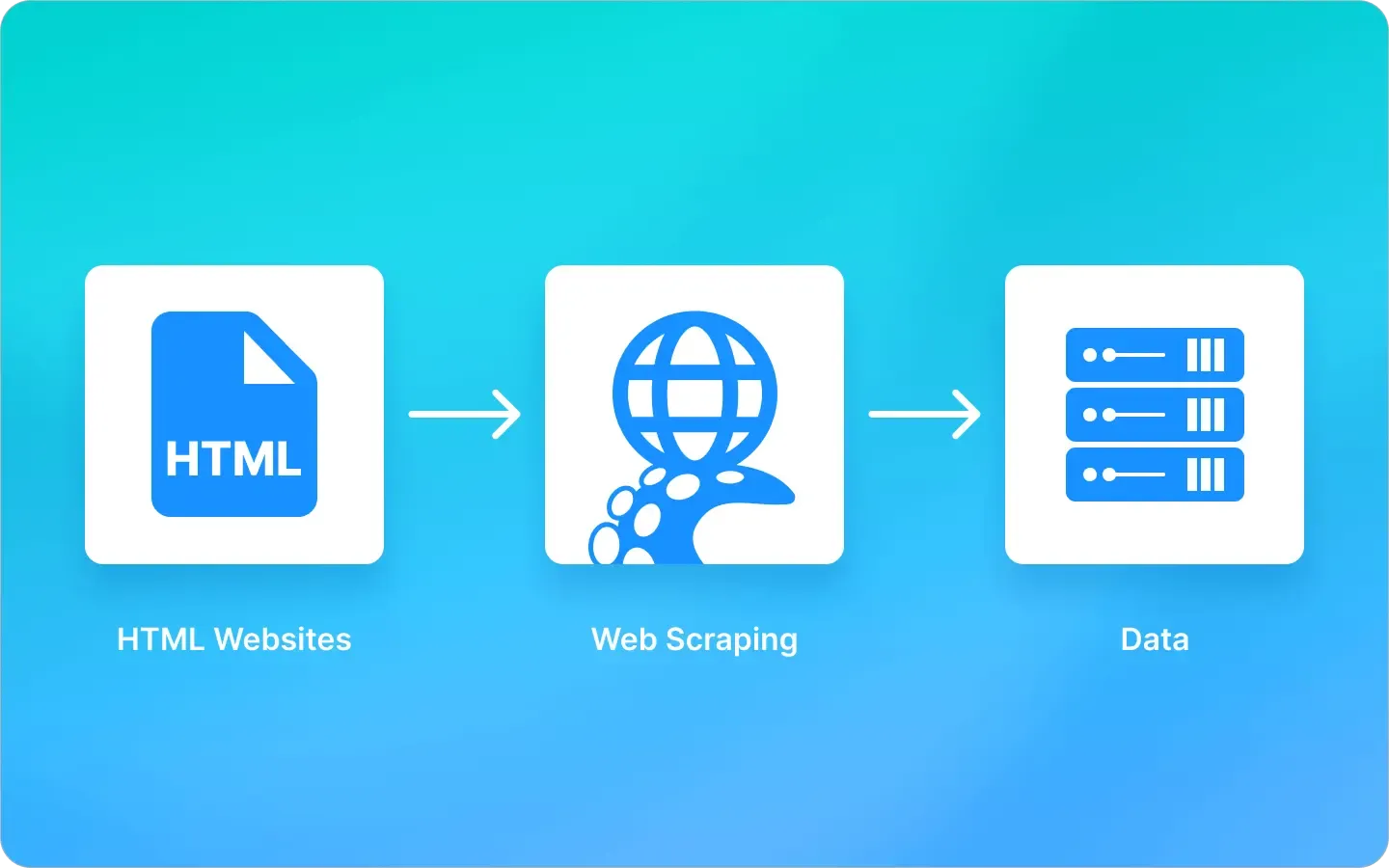
While often used alongside "data parsing," web scraping specifically refers to extracting online information. In contrast, parsing is purely data analysis without scanning online services.
The web scraping process typically involves these steps:
1. Identify your target data source.
2. Develop or purchase a bot.
3. Extract data from the source.
4. Organize it.
5. Compile the information into a clear, usable spreadsheet.
It's worth noting that many websites implement safeguards to prevent unauthorized data collection. These include hiding email addresses and restricting access to sensitive data to protect user privacy, trade secrets, and intellectual property.
To avoid violating site policies, focus on gathering general, publicly accessible information and avoid personal or password-protected data. Ethical scraping includes respecting data ownership and not misrepresenting the collected data as your original content.
Additionally, consider the volume and timing of your requests. Smaller sites may be overwhelmed by heavy traffic, potentially causing them to crash. To minimize impact, limit request frequency and run scripts during off-peak hours, such as late at night, to reduce server load. Also, make sure to use reliable residential proxies to avoid detection, IP blocks, and geo-restrictions.
How Can I Earn with Web Scraping?
Web scraping offers a variety of profitable applications across different industries. Here are some of the most common methods to make money through web scraping:
- Competitive intelligence
Companies use web scraping to monitor competitor pricing and services, helping them adjust their prices to remain competitive. This data-driven approach lets businesses boost profits by positioning their offerings at competitive rates based on real-time data.
- Developing and selling bots
Creating bots that streamline information gathering can be lucrative. These bots can scan pages for deals, sort data by set criteria, and highlight the best offers—ideal for finding travel accommodations, contractors, or sales opportunities. Bots that aggregate content or track brand mentions across the web are also in demand, and selling these scripts or software can be profitable.
- Reselling discounted goods
By scraping online stores for discounted products, you can buy reduced-price items and resell them at a profit. Scripts can track markdowns, calculate discount percentages, and identify the best deals. After purchasing discounted items, you can resell them at a price between the original and the sale price for profit.
- Selling data
Data is crucial for machine learning, analytics, and various forecasting applications. Scrapers that collect and organize data in a usable format can sell this information to companies needing structured datasets, such as AI developers or bookmakers who analyze player statistics and team data for odds calculations.
- Selling ads
You can do this on content-rich websites and projects like Lisbdnet.com. The site used an extensive collection of popular Google queries, enhanced with related YouTube videos, to generate content that ranked highly and attracted millions of visits. The site earned revenue from ad placements before it was taken down. You could build a similar content-rich site with AI-generated content, attracting visitors and earning from ads without risking a ban.
Each method highlights the versatile monetization potential of web scraping, leveraging data as a commodity in today's digital economy.
What Tools Do I Need for Web Scraping?
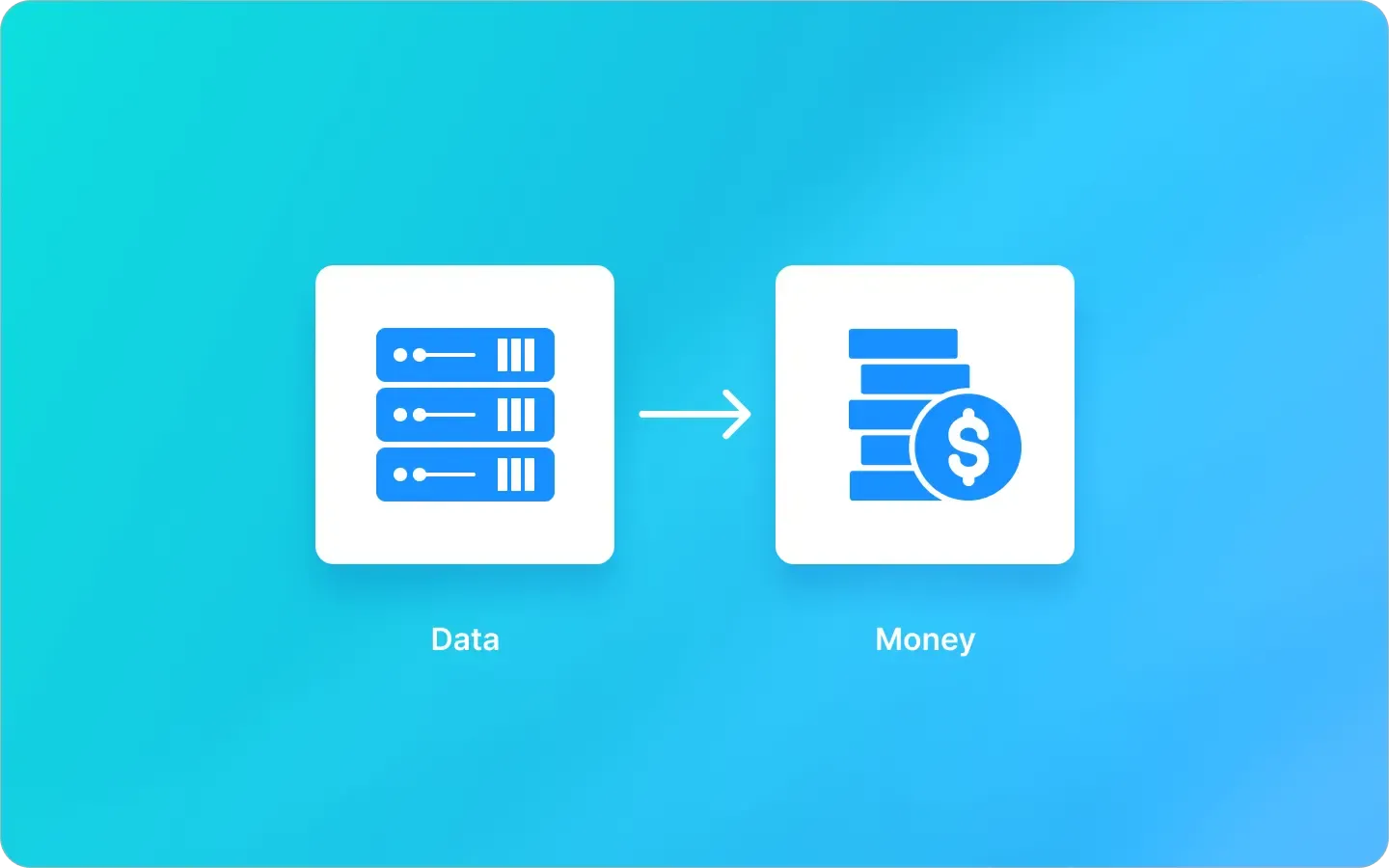
Web scrapers can efficiently scan hundreds or even thousands of web pages daily, and various tools can help automate this process. Here's a breakdown of some popular options:
- Octoparse, DataOx, ScrapingBot
These user-friendly tools come ready to work out of the box, making them ideal for users with little coding experience. While they offer a straightforward setup, the main drawback is that they are paid solutions, and trial versions often have limited functionality.
- Beautiful Soup, Requests, lxml, Cheerio, Puppeteer
Automation libraries like these can automate specific steps of the scraping process. However, they are not standalone solutions for complete scraping setups and typically require some coding knowledge.
- Scrapy, Selenium, Apify SDK
These frameworks include various tools for extracting, analyzing, and storing data in multiple formats. They provide more robust solutions for serious web scraping projects.
- JavaScript, Python, Go, PHP
You can create custom scripts or find ready-made bots to scan pages, extract content, and organize data. This approach requires programming knowledge but offers greater flexibility.
Using proxies is essential for effective web scraping for several reasons:
- Preventing blocks
Scraping services often send multiple requests to websites, triggering anti-fraud systems that may block your IP address. To avoid this, use rotating proxies and configure request frequencies to appear less suspicious.
- Geolocation bypass
Some websites deliver content based on the user's geolocation. You can access the desired content by using proxies with the necessary geolocation.
Some websites also keep track of digital fingerprints, i.e., device data employed for user identification. A multi-accounting antidetect browser like Octo is great at bypassing this defensive measure. Octo Browser offers:
- Digital fingerprints
You can use genuine fingerprints of real devices, making Octo Browser’s activities less likely to raise suspicion from security systems.
- API support
Advanced users can take advantage of Octo’s versatile API for automating web scraping tasks, enhancing efficiency.
- Proxy management
The browser offers streamlined proxy server controls, so you can add and save various proxy types without hassle.
- Virtual profiles
Allows users to work with virtual profiles directly, eliminating the need to launch the browser client app.
We’ve also prepared a special offer for our readers - get started today with Octo Browser and enjoy a free 7-day Base subscription using the promo code MARSPROXIES30 - get 30% discount for your first purchase! Explore the powerful features and elevate your web scraping projects.
Conclusion
Web scraping is a legitimate method for collecting data online, whether manually scanning web pages or using automated bots. This process involves cleaning and organizing the collected data to use it for various business purposes or selling it.
Using a multi-accounting browser like Octo Browser can enhance the web scraping experience by ensuring anonymity, reducing operational costs associated with physical servers, and simplifying manual tasks like authentication and captcha resolution. Understanding and utilizing these tools effectively is crucial for those interested in leveraging web scraping for data collection.
